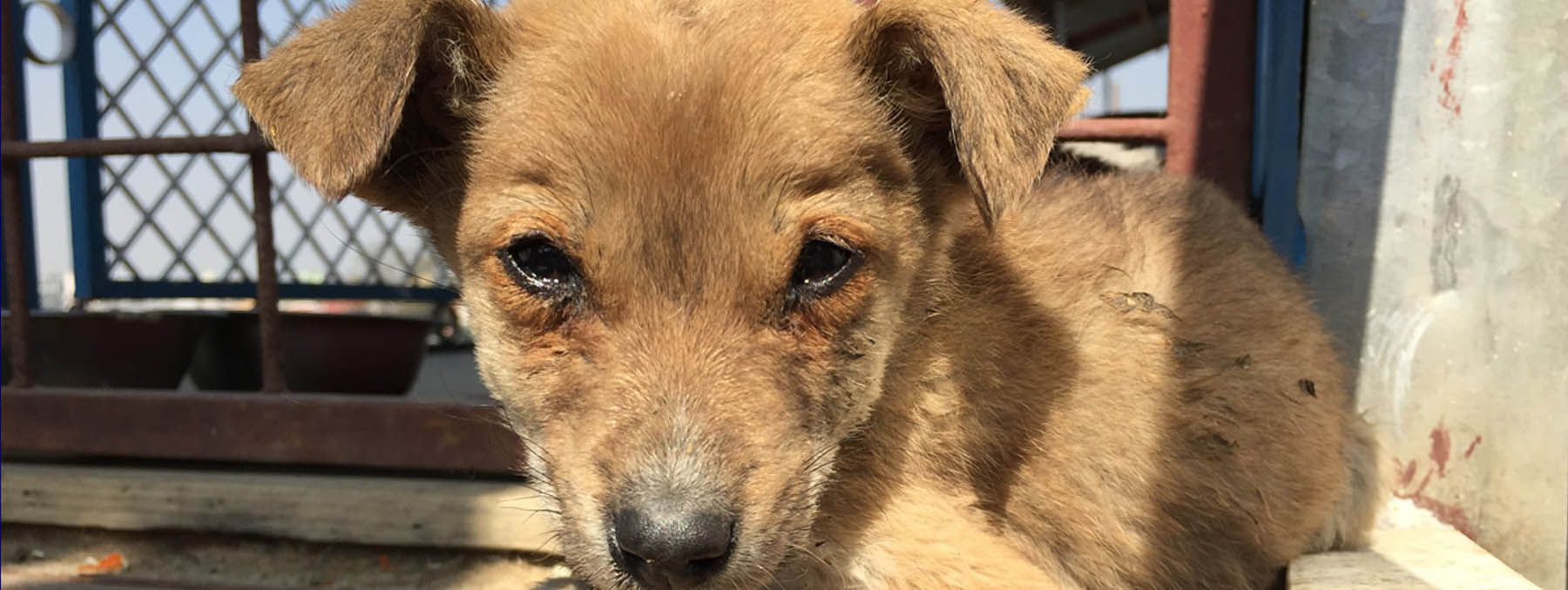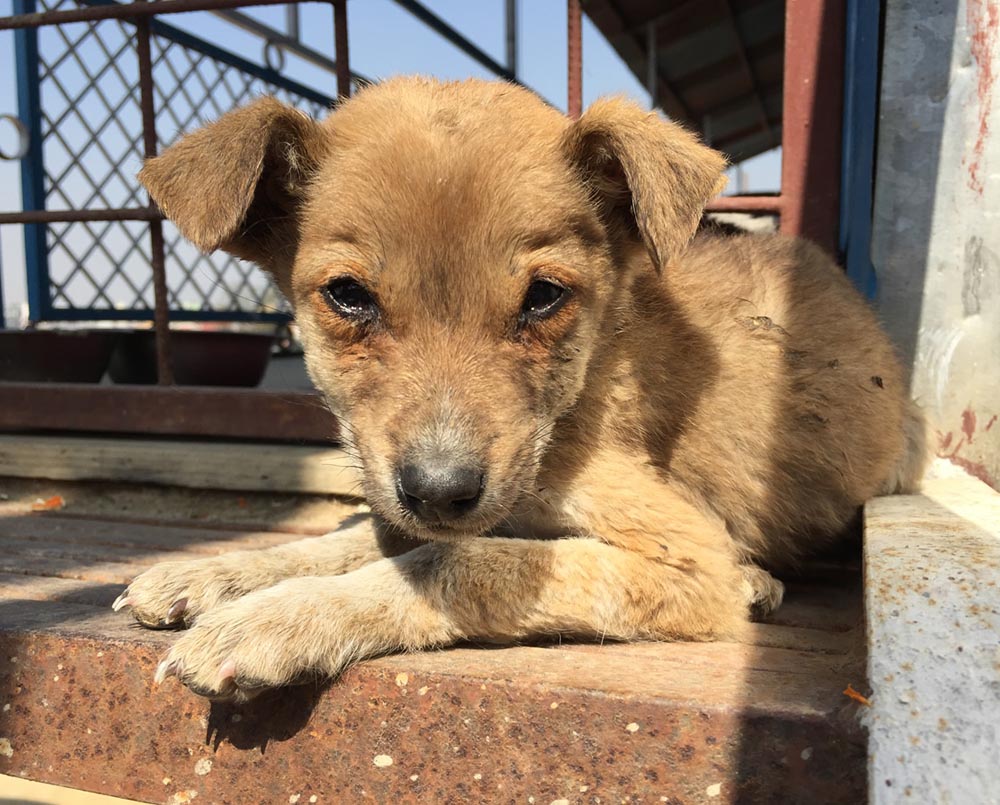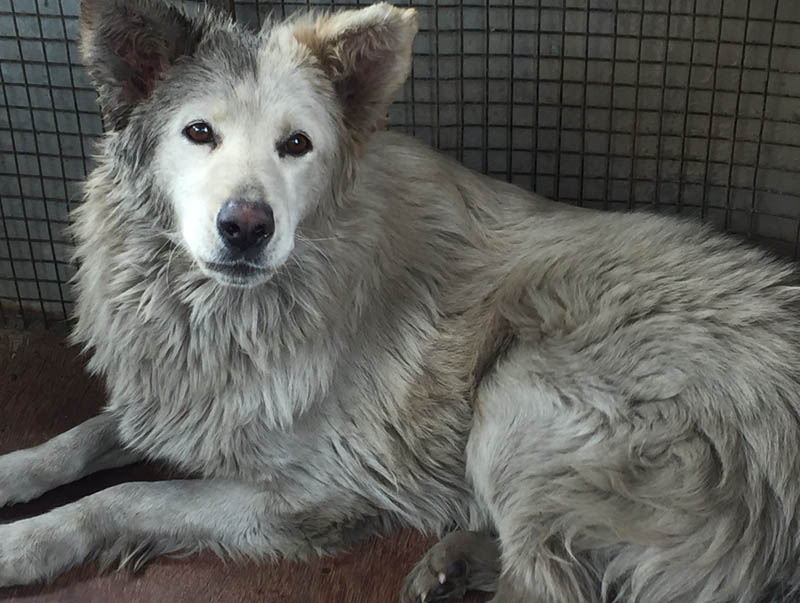The Situation
Subjected to parasites, wounds, and viruses, with nobody to care for them the street dogs of Nepal are largely left to their own devices. Small wounds that could be treated with ease, by being ignored slowly worsen and become infected and increase in size until they are life threatening.
With no single owner to take responsibility for the animal, treatment is typically delayed for weeks or months until it becomes impossible to ignore, at which point the case will be reported to us, or in rare cases, a kind member of the public will arrange for private veterinary care.
Not all pet owners are aware of Animal Birth Control techniques and those that are often cannot afford them, creating a breeding cycle that continually leads to more and more puppies being abandoned on the streets. While there, they fight and intermix, spreading fatal viruses including rabies which kills hundreds of Nepalis every year.
What We Do
The Kathmandu Animal Treatment Centre was founded in 2004 as a charity to provide emergency veterinary treatment and population management for the tens of thousands of dogs on the streets of Kathmandu.
As a charity, some of the problems that we at KAT see and treat on a daily basis are:
- Bite wounds, infected or infested with maggots
- Skin disease – mange (sarcoptic and demodectic)
- Road traffic collisions – broken and fractured bones, paralysis
- Viruses – rabies, canine distemper, parvovirus
- Human violence – traumas, acid wounds, blindness
- Cancer – canine transmissable venereal tumors (CTVT) and other cancers
- Starvation and undernourishment
The majority of these ailments can be treated but the prognosis varies widely depending on how quickly treatment is found for the animal.
For example, spinal damage and paralysis, although extremely serious, can be potentially reversed if appropriate steroid treatment is administered within eight hours of the initial incident. After that point the damage will be irreversible. Similarly, although the three viruses listed above are often fatal, all of them can easily be prevented with vaccinations.
In fact, fatalities can be prevented across the board by increasing awareness and ensuring that early warning signs are not ignored.
For this reason KAT also works on rabies prevention and education and awareness, to treat the causes as well as the symptoms of animal suffering in Nepal.






